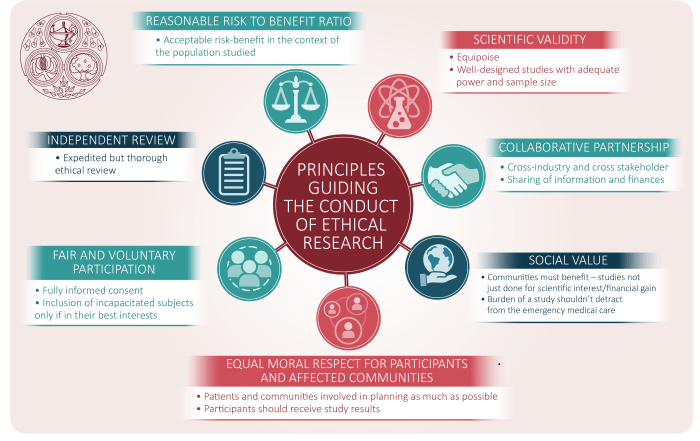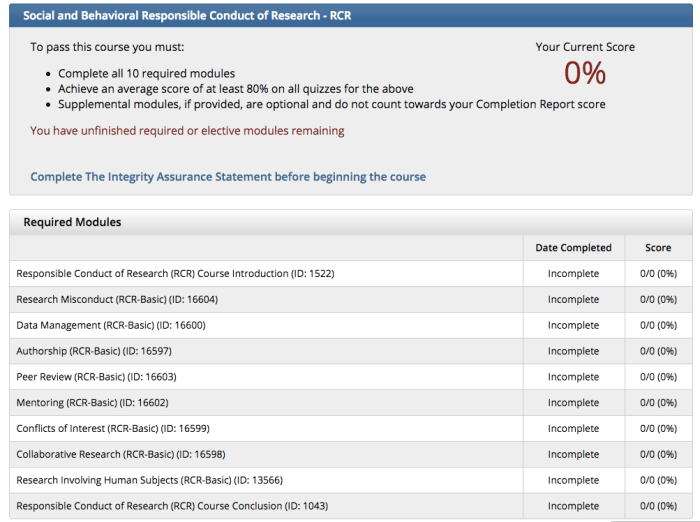History and ethical principles – sbe – History and ethical principles are the cornerstone of sustainable business practices, guiding organizations toward responsible and socially conscious operations. This article delves into the evolution of ethical principles in business, exploring key historical events, influential individuals, and the importance of ethical decision-making in today’s complex business landscape.
History of Ethical Principles in Business

Ethical principles in business have evolved over time, shaped by societal values, economic conditions, and technological advancements. The concept of ethical business practices can be traced back to ancient civilizations, where codes of conduct guided trade and commerce.
Key historical events that influenced the development of ethical principles include the Industrial Revolution, which raised concerns about labor exploitation, and the rise of consumerism, which brought attention to issues of product safety and environmental responsibility.
Influential Individuals and Organizations, History and ethical principles – sbe
Influential individuals and organizations have played a significant role in promoting ethical practices. Notable figures include Adam Smith, whose theory of free markets emphasized the importance of individual responsibility, and John Stuart Mill, who advocated for utilitarianism, the principle of maximizing happiness for the greatest number.
Organizations such as the Better Business Bureau (BBB) and the International Organization for Standardization (ISO) have developed standards and certifications to promote ethical behavior in business.
Key Ethical Principles for Businesses: History And Ethical Principles – Sbe

Core ethical principles guide responsible business practices, including:
- Integrity:Acting with honesty, transparency, and accountability.
- Responsibility:Taking ownership of the impact of business operations on stakeholders and the environment.
- Fairness:Treating all stakeholders equitably, without bias or discrimination.
- Respect:Valuing the rights, opinions, and perspectives of others.
- Sustainability:Operating in a way that minimizes environmental impact and ensures long-term viability.
These principles are essential for building trust, fostering positive relationships, and ensuring the long-term success of businesses.
Ethical Decision-Making in Business

Ethical decision-making in business involves:
- Identifying ethical issues:Recognizing situations that raise ethical concerns.
- Gathering information:Collecting relevant data and perspectives to inform decision-making.
- Evaluating options:Considering the potential consequences and ethical implications of different choices.
- Making a decision:Selecting the option that best aligns with ethical principles.
- Taking action:Implementing the decision and monitoring its impact.
Ethical decision-making requires careful consideration, collaboration, and a commitment to doing the right thing.
Questions and Answers
What are the key ethical principles for businesses?
Core ethical principles include honesty, integrity, fairness, respect for stakeholders, and accountability.
How can businesses promote ethical behavior?
Corporate governance, ethical leadership, employee training, and creating an ethical workplace culture are essential for fostering ethical behavior.
What are some common ethical issues faced by businesses today?
Common ethical issues include conflicts of interest, environmental degradation, data privacy, and labor exploitation.